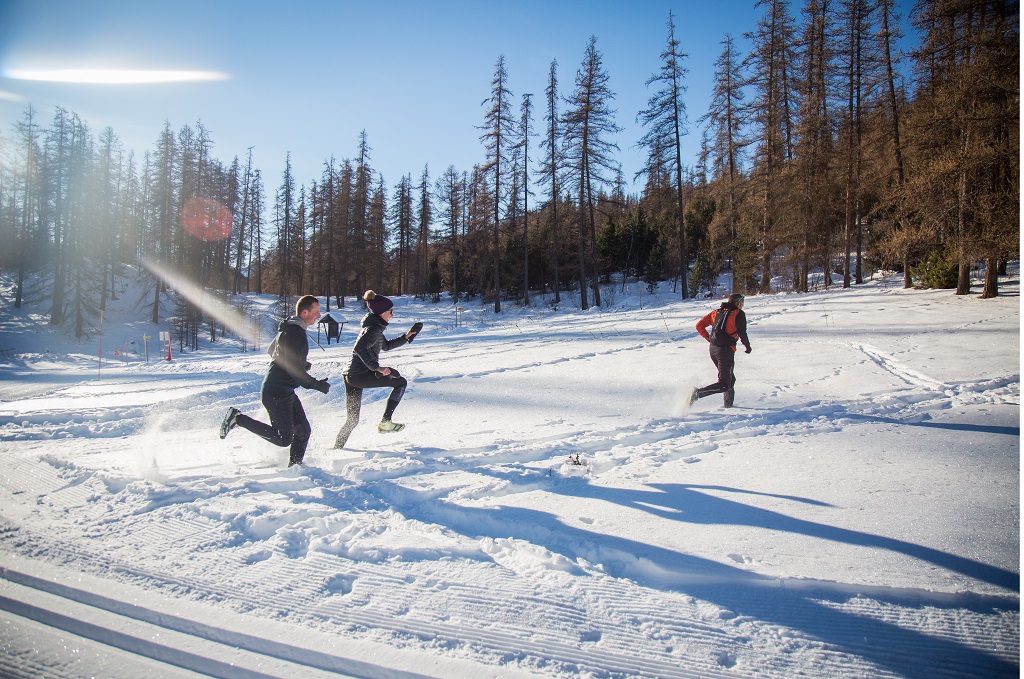
Snow Trail: Le Plan
Description
- Before the bridge, turn left
- Cross the road and continue straight ahead
- Turn right
- Go straight on
- Take a sharp right and cross a small bridge
- Continue along the road to the right, then turn left over the bridge to follow the route along the right bank of the river
- At the crossroads, continue straight ahead
- Go downhill on your right to reach the finish line
- Departure : Freissinières artificial icefall
- Arrival : Freissinières artificial icefall
- Towns crossed : Freissinières
Altimetric profile
Recommandations
On some sections of this route, you will be using a cross-country ski trail. Dog sleds may also frequently pass by: keep in line on the right-hand side of the route. Pet dogs are also not recommended.
Check the weather conditions before setting off.
Emergency contact details: Secours Montagne: 04 92 22 22 22 or 112
Respect the work of farmers and owners
Close all fences
Bring back all your rubbish
Do not cut the route through meadows
The Snowtrail routes are also suitable for snowshoe trekking.
Transport
Car pooling >> www.blablacar.fr
For more information, contact the Tourist Information Office nearest to your departure point.
Access and parking
6 points of interest
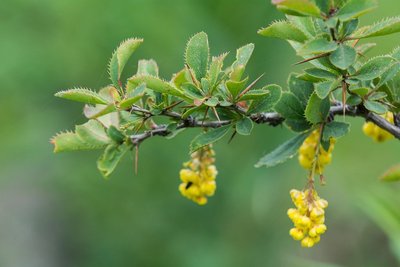
Épine-vinette en fleurs - Mireille Coulon - Parc national des Écrins  Flora
FloraThe common barberry
The common barberry is a bush with long thorns arranged in threes, and with oval serrated leaves. In spring, it produces clusters of yellow flowers, which later develop into red, oval and elongated berries. These tart fruits are edible and can be made into jellies... if you have the patience to gather them! This shrub grows almost everywhere.
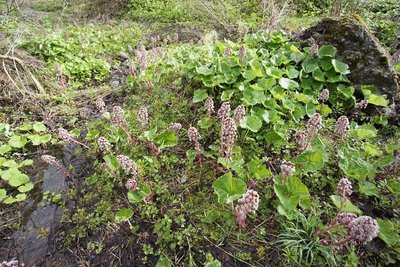
Pétasite hybride - Ludovic Imberdis - Parc national des Écrins  Flora
FloraThe petasites hybridus or butterbur
The ditches on the Freissinières plain are edged by a plant with very broad leaves: the petasites hybridus or butterbur, also called the devil's hat in French. In Ancient Greek, the petasos was a round felt hat. Nobody knows whether the devil wears this hat, but the plant is certainly used as a herbal remedy. Very common in the lowlands, it is quite rare in the Pays des Écrins although other species of petasites do grow at higher altitude.
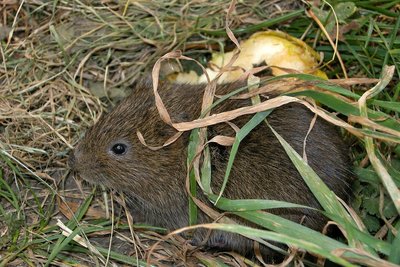
Un campagnol amphibie - Damien Combrisson - Parc national des Écrins  Fauna
FaunaThe southern water vole
Flattened paths through the reeds, and holes 6 to 7 cm in diameter... the southern water vole has been here! This large rodent with dark brown fur on its back digs its burrow in the banks of the stream. This species, which lives close to water, causes no damage to crops. Not a prolific breeder, its numbers are low and it is threatened with extinction.
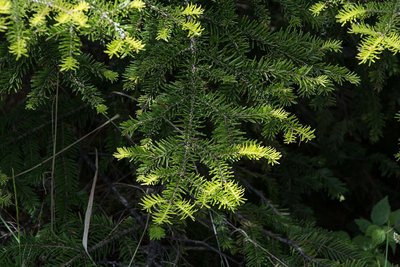
Un sapin pectiné - Mireille Coulon - Parc national des Écrins  Flora
FloraThe European silver fir
The fir thrives on this north-exposed slope, called the ubac. Its needles have two white stripes on their undersides. They are arranged on either side of the boughs, and not all the way around them, which distinguishes it from the spruce. The elongated cones stand upright, rather than hanging downwards. They grow in large number, often mingling with larch trees under whose shade they can grow. By contrast, the larch - the "tree of light" - cannot grow under the cover of fir trees.

Goodyère rampante - Marie-Geneviève Nicolas - Parc national des Écrins  Flora
FloraThe creeping lady’s-tress
This inconspicuous little orchid grows on moss, in the undergrowth of the pine forest. Growing at the base of the stem, its leaves are oval and pointed, with a network of veins. The upright stem only bears a few scales. Covered in a fine down, the white flowers are arranged in the form of a spiral spike, facing the same way. A little gem that is worth keeping an eye out for!
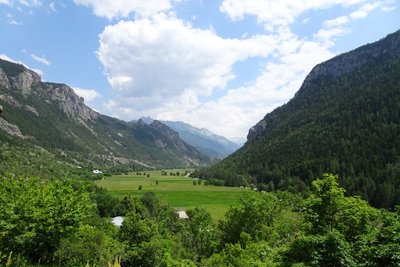
La vallée de Freissinières - Office de tourisme Pays des Écrins  History
HistoryThe Freissinières valley
The valley was created as the result of glacial overdeepening, that is to say, when the glacier came to a halt against the Pallon hard rock bar, it created a depression. When the glaciers retreated, a lake was left behind this rock bar and was gradually filled up by alluvial deposits. From a historical point of view, the Protestant pastor Félix Neff fundamentally altered life in the valley in 1826 by founding a training college for primary school teachers, developing irrigation processes and teaching new crop growing methods, among other things…
Source
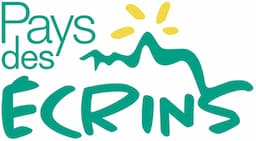
Report a problem or an error
If you have found an error on this page or if you have noticed any problems during your hike, please report them to us here:
